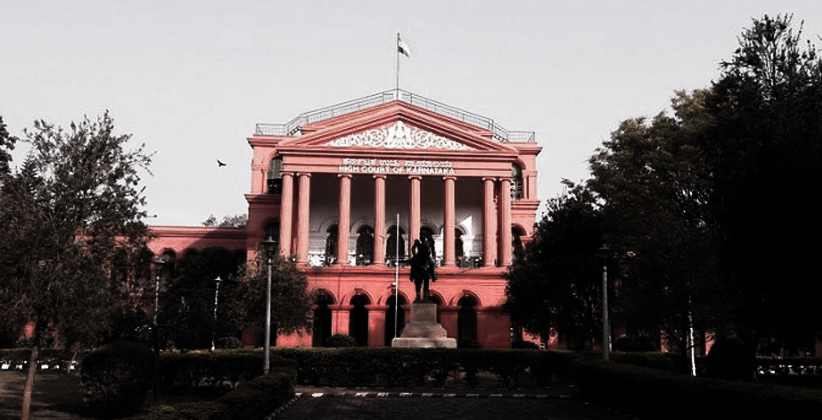On Wednesday, A division bench of Justice B.V. Nagarathna and Justice Ravi V. Hosmani of Karnataka High Court was told that the State could not have brought in a 25 percent domicile reservation at the National Law School of India University (NLSIU) for students of Karnataka by the Bar Council of India.
Advocate Vikramjit Banerjee, on behalf of the BCI, stated that "The State Government does not have the competence of making reservations, because of the unique nature of the institution. Because of the way it was created. Any reservation in NLS will go against the objective of the NLS."
It was argued that The ethos of the institution (NLSIU) is that it does not matter from where you come from. It could have been called anything, but it is called THE National Law School."
Further on, he said that the BCI administrates the law university and because of the reservations, the members were aggrieved, and a resolution was passed by BCI to file a petition in the high court challenging the reservation. "Their (state) amendment goes against the spirit of the Act itself", he added.
In March, the Karnataka State Assembly passed the National Law School Of India (Amendment) Act, 2020 following the Karnataka Governor's assent on April 27. The amendment inserts a proviso in Section 4 of the National Law School of India Act which states that "Notwithstanding anything contained in this Act and the regulations made thereunder, the school shall reserve horizontally twenty-five percent of seats for students of Karnataka."
Advocate Shridhar Prabhu, also representing the BCI, stated that "If the parent Act is tampered by this Amendment it runs contrary to the Advocates Act of 1961."
While highlighting the flaws in the reasoning of the impugned amendment by the State government, Banerjee argued that "The entire basis of the state argument is - look there are other states with reservation. Arguing even for the sake of arguments, it is apparent the state can do this in State Universities."
The Honble court was also told that the land lease of the University is between the state and Bar Council of India and that the same was in existence even before the enactment of the NLSIU ACT.
Senior Advocate Uday Holla, on behalf of the State, in his submission explained the revised seat matrix after the amendment. He said, out of 120 seats, 28 seats will be reserved for SC/ST category and the remaining 92 seats will be for the general category. "If a candidate in the general list has secured 150 marks, we go down the list, try to find out if there are Karnataka students. Suppose a Karnataka student has got 147 marks he will be given 5 percent concession. He will displace a person who has got 150 marks in the general list", Holla submitted.
However, the bench has expressed doubts about the execution of the same. Justice Nagarathna while asking the grounds for the concession, said that "If the difference between the first rank holder in CLAT and Karnataka Student is narrow, if you give 5 percent concession to Karnataka Student, can he be super number one."
The court has set the next hearing of the matter on Thursday i.e. 27.08.2020.






